European capitals are on edge as an unexpected summit between Russian President Vladimir Putin and US President Donald Trump is set to take place in Alaska. Diplomats fear Washington might strike a deal that undermines Ukraine’s sovereignty and leaves Europe sidelined.
The uncertainty stems from the lack of transparency about Moscow’s proposals for ending the war, as neither Putin nor US envoy Steve Witkoff has disclosed details. Trump has hinted at possible territorial swaps, raising alarm in European capitals that “the betterment of both” might come at Ukraine’s expense.
European Officials Warn Putin’s Territorial Demands Threaten Ukraine’s Defense And Sovereignty Integrity
European officials see no sign that Putin has moderated his territorial ambitions or eased demands for Ukraine to remain militarily limited and without strong security guarantees. In a joint statement, the UK, France, Germany, Italy, and the EU reaffirmed their opposition to changes in international borders by force.
Poland and Finland joined the declaration, while European leaders sought clarity from US Vice President JD Vance on the scope of negotiations. Reports suggest that Russia may demand Ukrainian withdrawals from key cities in Donetsk, undermining Ukraine’s primary defensive lines.
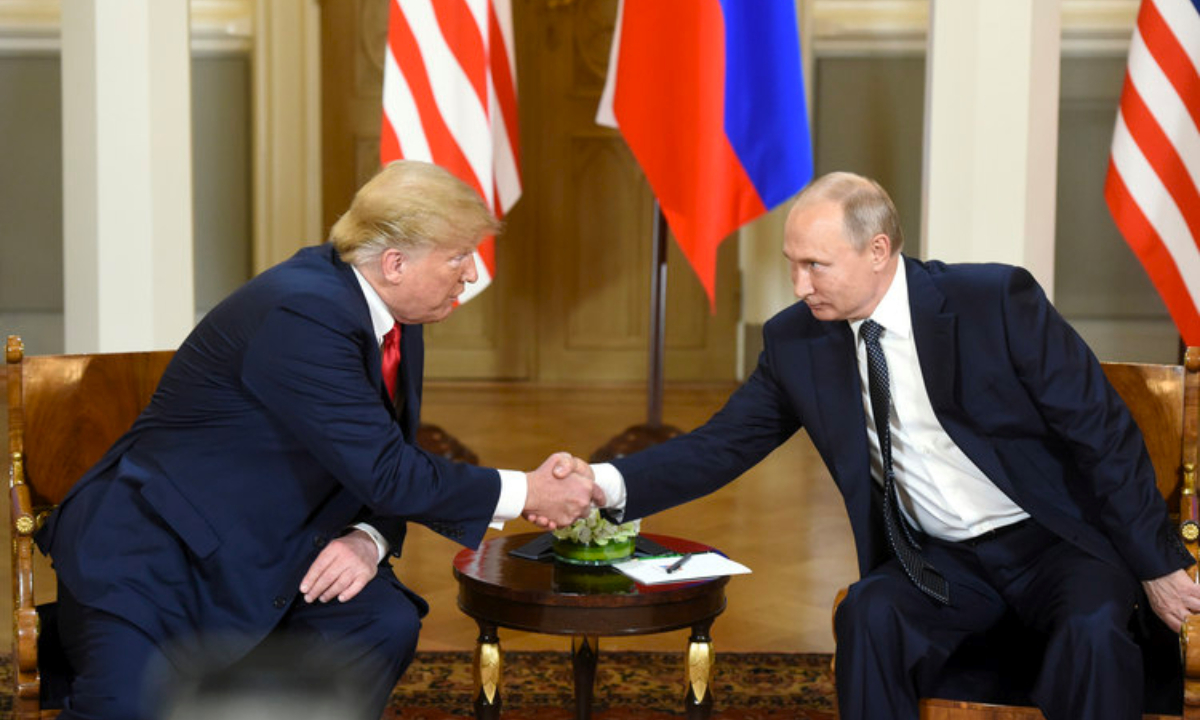
Analysts warn that conceding Donetsk territory could enable Russia to use it as a staging ground for further attacks, drawing comparisons to the 1938 Munich Agreement, where territorial concessions failed to stop aggression.
Questions remain about whether Putin will insist on taking full control of Kherson and Zaporizhzhia or accept a freeze along current frontlines. The issue of recognizing Russia’s sovereignty over Crimea also looms large, but Ukraine’s constitution forbids ceding territory.
Europe Demands Ceasefire, Security Guarantees, And Inclusion In US-Russia Peace Talks
European leaders insist a ceasefire must precede territorial talks, with the current battle lines serving as a starting point. They also push for robust security guarantees, possibly including a European “reassurance force” to enforce a ceasefire, something Moscow is unlikely to allow if NATO members are involved. Despite these demands, European efforts may prove futile if Washington prioritizes bilateral gains over allied consensus.
Analysts argue Europe’s vulnerability stems from its reliance on US leadership, a dependence French President Emmanuel Macron has long criticized. Since Trump took office, European leaders have tried to influence him with little success, likened to passengers on an unpredictable “roller coaster” ride. Without a unified and independent strategic stance, Europe remains reactive, hoping to be included in decisions that directly affect its security.
Top EU and national leaders, including EU foreign policy chief Kaja Kallas, German Chancellor Friedrich Merz, and Polish Prime Minister Donald Tusk, demand that any US–Russia agreement involve both Ukraine and the EU. They stress that decisions impacting European security cannot be made without their participation.
Analysts like former Australian general Mick Ryan warn that the greater danger lies in the absence of a coherent US-Ukraine strategy, with American policy shaped more by impulses and political ambitions than by long-term planning.

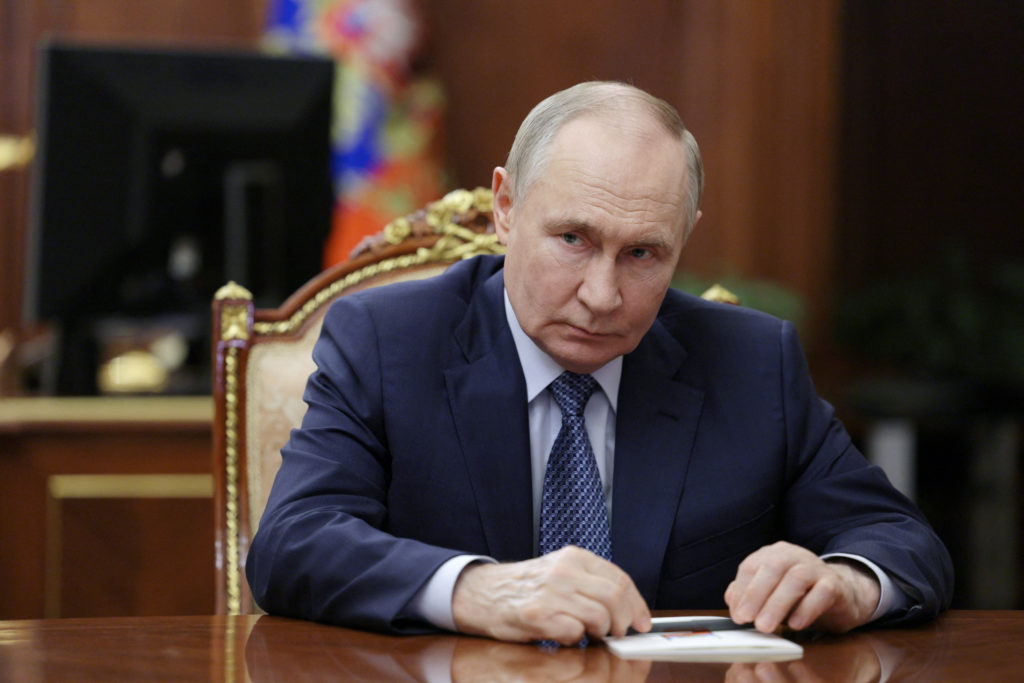







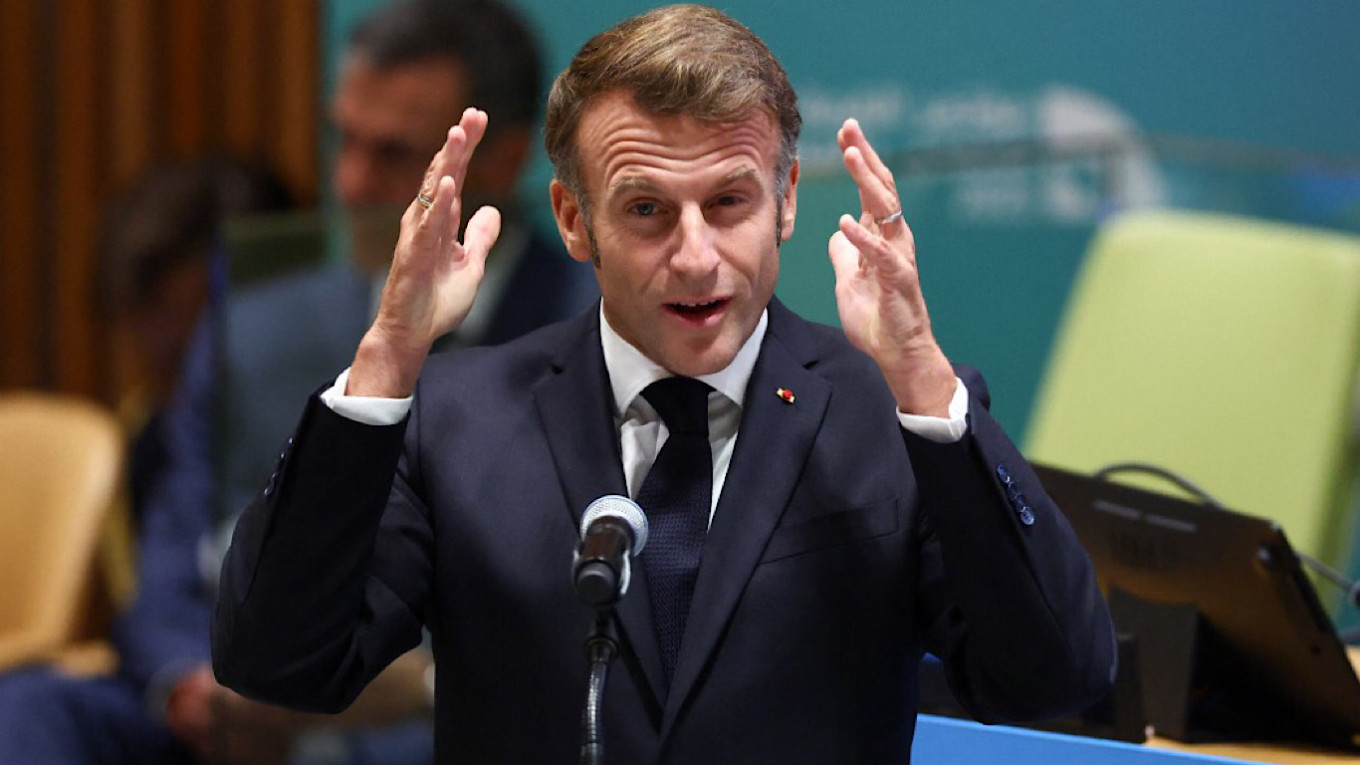
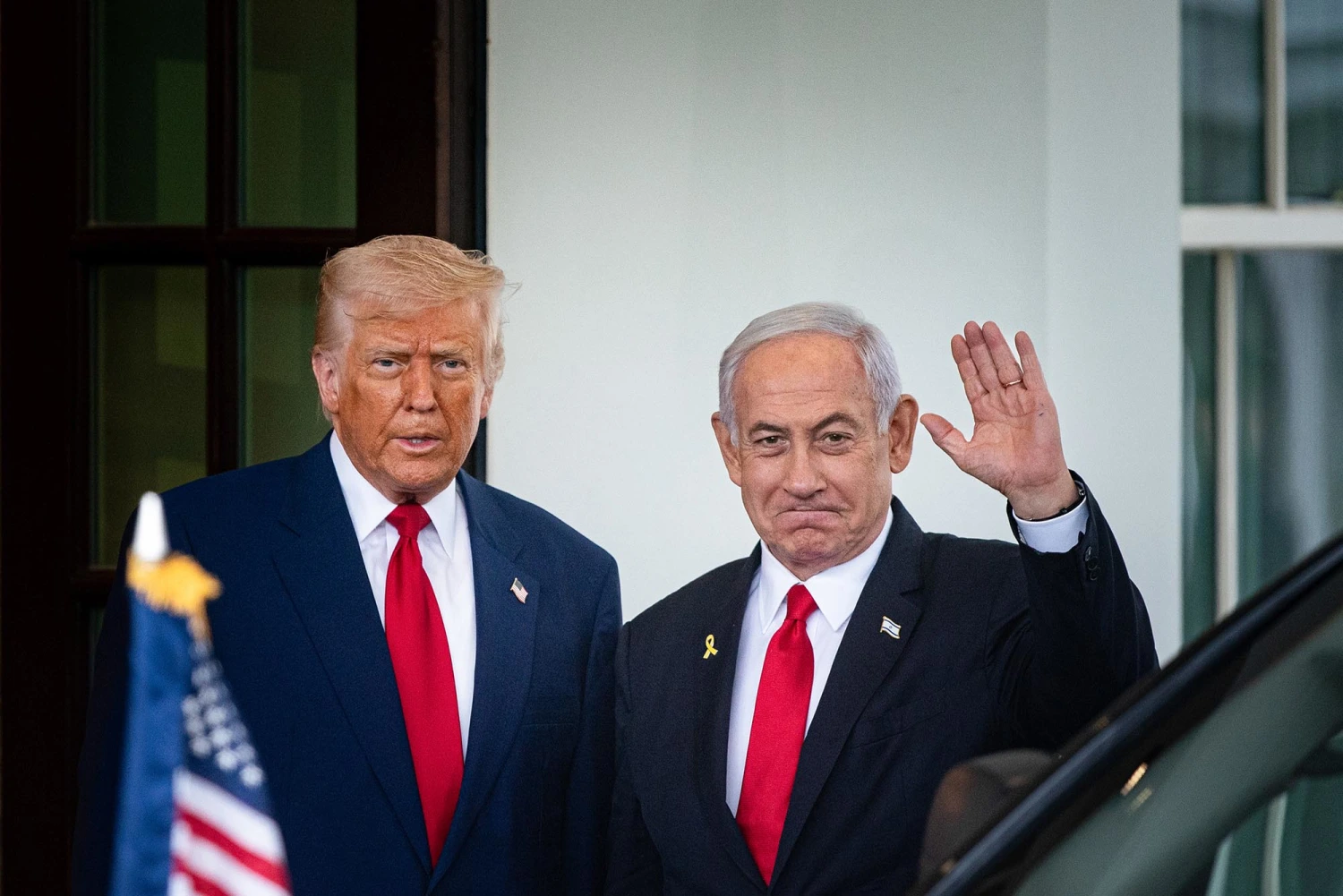
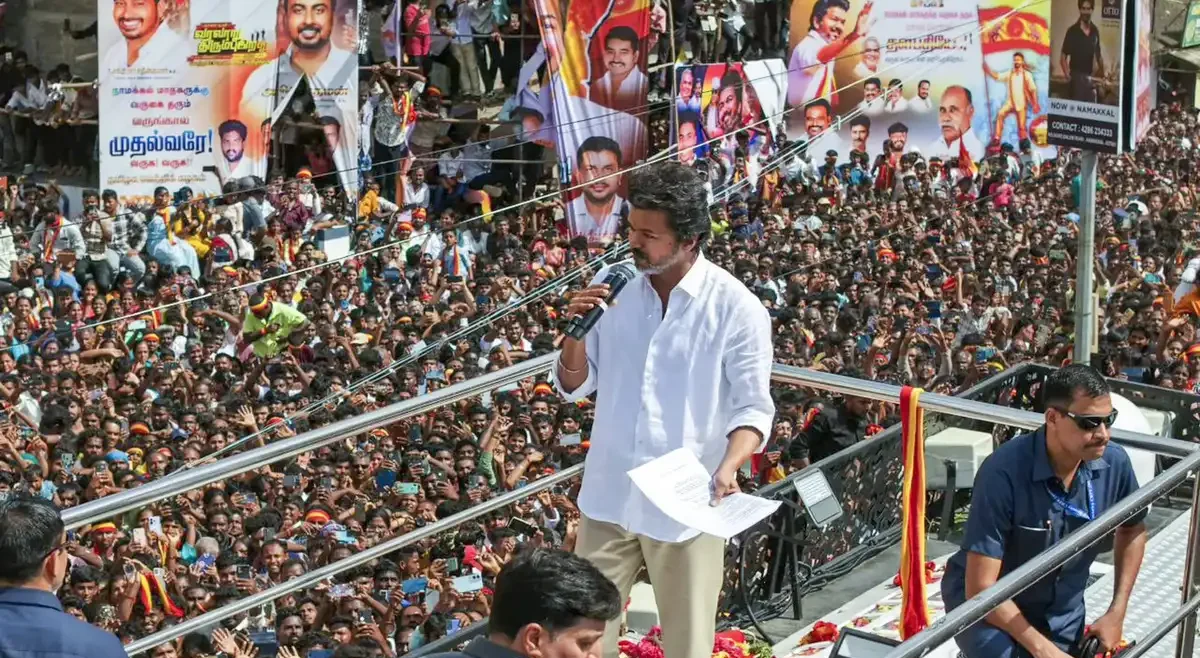
Leave a Reply